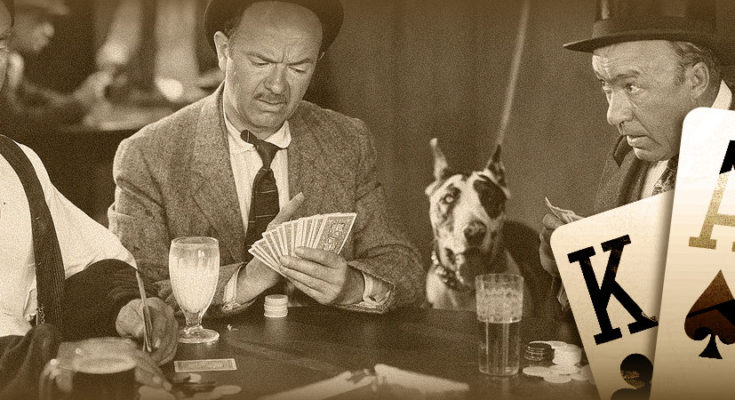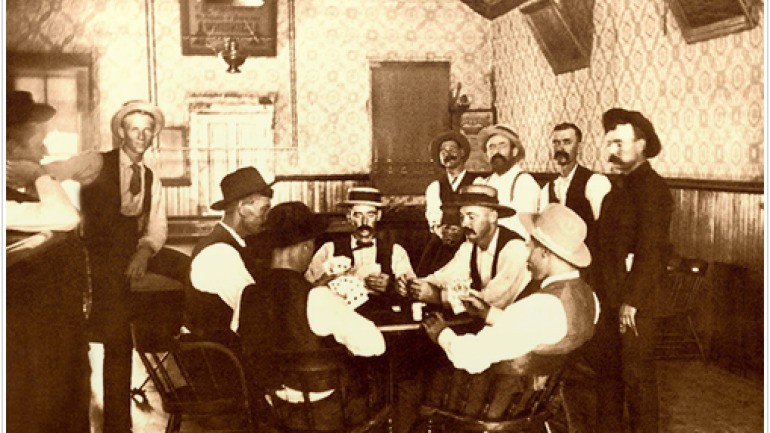
History of Poker: From Distant Shores to American Casinos
Poker, a beloved card game that elicits images of smoky saloons, high-stakes tables, and of course, the quintessential poker face. But where did this captivating game originate? From royal courts to riverboats, poker has traveled and evolved extensively. For those looking to dive into the rich tapestry of this game’s history before they Play casino ComeON, let’s embark on a journey to discover the roots and routes of poker.
The Origins of the Game in Europe
To understand the roots of poker, one must travel back to Renaissance-era Europe. It’s widely believed that poker’s ancestors hail from 16th-century Spain, where a game called “Primero” was played. Primero was a betting game that involved three cards for each player, with bluffing being a significant strategy – a hallmark of modern poker.
The game didn’t stay confined to Spain. It quickly spread to France, where it became known as “Poque.” By the 17th century, the Germans had their version named “Pochen.” Both games bore uncanny resemblances to Primero, with the fundamental objective being to bluff opponents into thinking one has superior cards.
Mentions of Poker in Asia
While Europe boasts an extensive connection to poker’s lineage, Asia too has intriguing ties to this game. A 13th-century Chinese emperor is said to have played a card game that had poker-like attributes. This game used dominos and was based on bluffing, akin to the European variants.
Moreover, the Persians had a game called “As Nas” in the 16th century. Played with 20 cards, As Nas had rounds of betting, and the hand rankings were somewhat reminiscent of the poker we recognize today. It’s possible that European traders or diplomats might have brought the game to the continent, blending its features with existing card games like Primero.

Poker in America
America’s tryst with poker began in the early 19th century. The game made its debut on the shores of New Orleans, brought by French colonists. Given New Orleans’ status as a major port hub, poker began spreading rapidly via the Mississippi River. The riverboats that cruised these waters became the epicenter of poker games, with gamblers trying their luck and skill.
By the mid-19th century, poker had embedded itself into American culture. The 52-card deck, which is standard today, was introduced, and new variations of the game emerged. The Civil War played a role too, as soldiers from different parts of the country played poker, which led to a mixing and evolution of various versions.
The 20th century heralded a new era for poker, with the establishment of the World Series of Poker in 1970. Poker’s popularity skyrocketed, and it wasn’t just a game anymore—it was a profession for many. Television broadcasts, online poker platforms, and high-stake tournaments transformed this ancient card game into an international sensation.
Conclusion
From the royal courts of Spain to the digital platforms of the 21st century, poker’s journey is as riveting as the game itself. It’s a game that has transcended boundaries, merged cultures, and evolved while retaining its core spirit. So, the next time you hold those cards and put on your best poker face, remember the rich history you’re participating in. Whether you’re an enthusiast or a professional, the legacy of poker promises a thrilling ride, no matter where or how you play.



